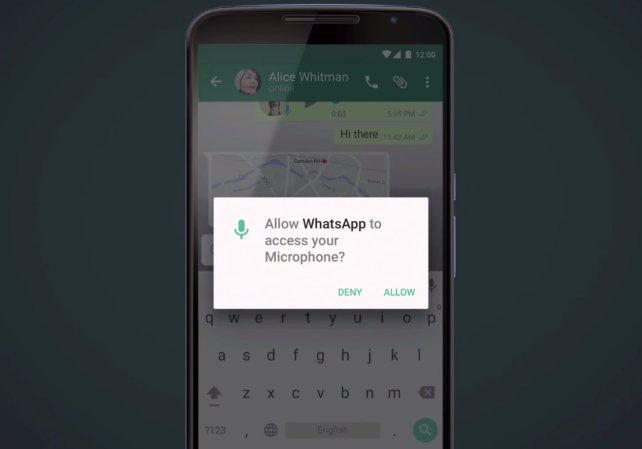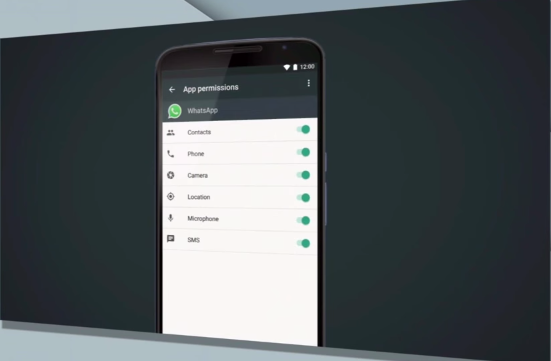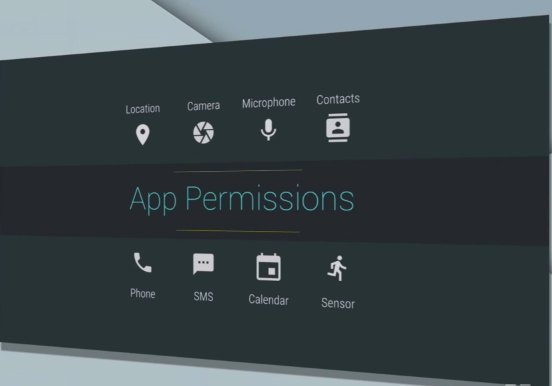Android M Brings Fine Permission Control For Apps
Get Tom's Hardware's best news and in-depth reviews, straight to your inbox.
You are now subscribed
Your newsletter sign-up was successful
One of the big features in Android M is the ability to manage app permissions in a more granular way, as opposed to the the "all or nothing" system we've seen before. This is a feature that users have been wanting for many years, and they've been joined by developers who have had complaints about their apps using too many permissions at once.
Developers will also be able to keep certain permissions off by default, and users would be asked to enable them when needed. A new permission will only need to be enabled once, and then it will remain enabled. If you want to revoke that permission, you'll have to do it from the phone's settings in App Permissions.
The list of permissions that can be requested by apps doesn't include all of the current permissions, but it does include some of the major ones such as Location, Camera, Microphone, Contacts, Phone, SMS, Calendar and Sensor.
Google likely wanted to make the managing of permissions easier, and it didn't want users to be prompted to allow various permissions all the time. Also, certain permissions such as the one giving access to the Internet, has probably been excluded from this list because most Android apps need an Internet connection, if not for their own features to at least show and change ads.
Google might not want users to block ads on apps in a more permanent manner through permission management. Blocking them temporarily can already be done right now if you simply disable access to mobile data or Wi-Fi (and of course assuming the Internet access is only used to show ads and the app doesn't break without it), but sooner or later you're going to need Wi-Fi or mobile data for other things, and you're going to therefore re-enable the ads.
The permissions issue is a tricky one, as there will always be compromises on the accuracy side (of what it can allow) or the user experience side. If apps have too many permissions, users could also end up tapping to agree with all of them, which is basically what is happening on Android already.
Hopefully, the new system will make users more mindful about what they allow apps to do with their devices and data. If users stop approving all the permissions all the time, then developers will be more careful with what permissions they will be requesting, as well.
Get Tom's Hardware's best news and in-depth reviews, straight to your inbox.
Google has already found that if developers only add the necessary permissions for the basic functionality of an app, this can increase the app updating rate by a significant margin, so that's one good reason for developers to adopt the new model. Unfortunately, the new permissions model will only work on Android M and beyond, so it will be a while before most users will enjoy it.
Follow us @tomshardware, on Facebook and on Google+.
Lucian Armasu is a Contributing Writer for Tom's Hardware US. He covers software news and the issues surrounding privacy and security.
-
beren How about getting the basics done first, like data encryption for apps? Still a major giant advantage of iOS over Android.Reply


